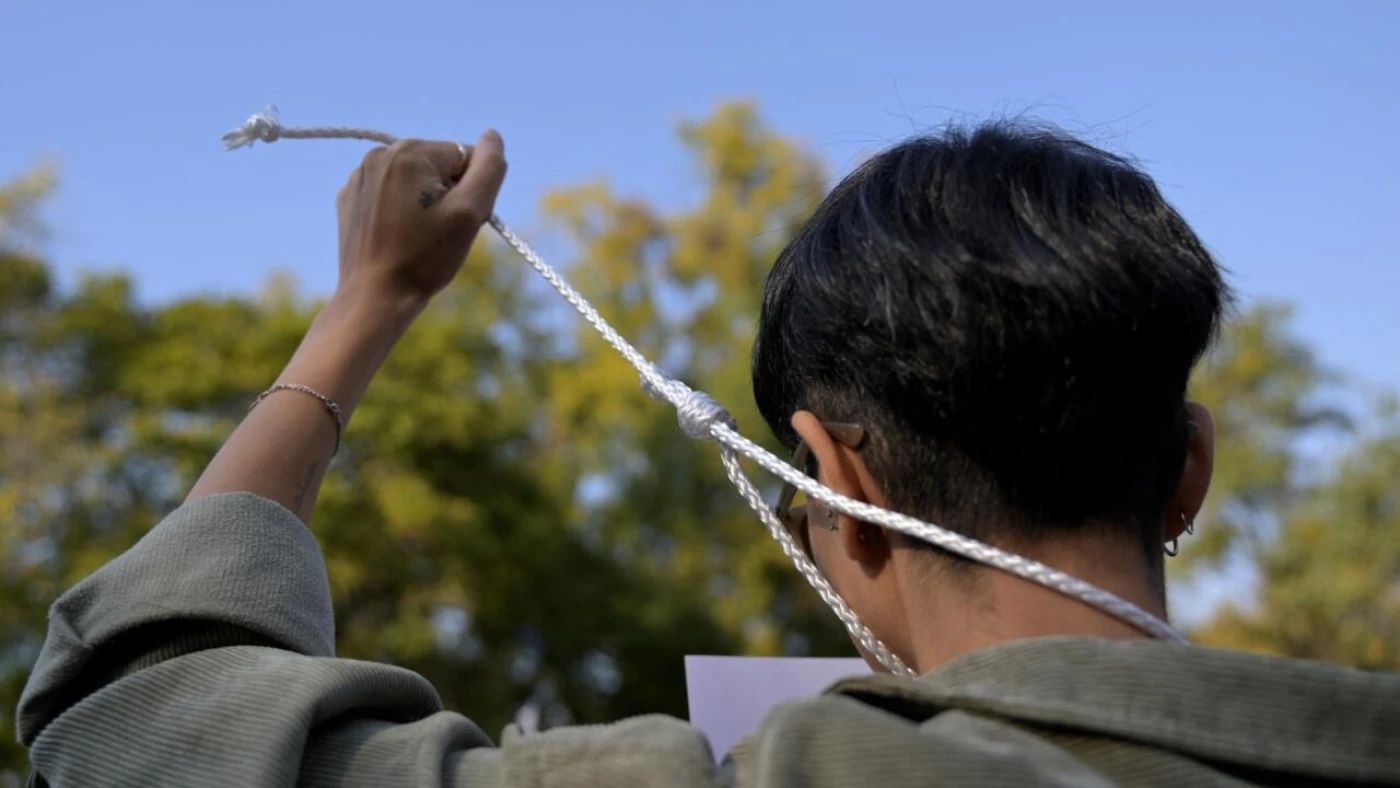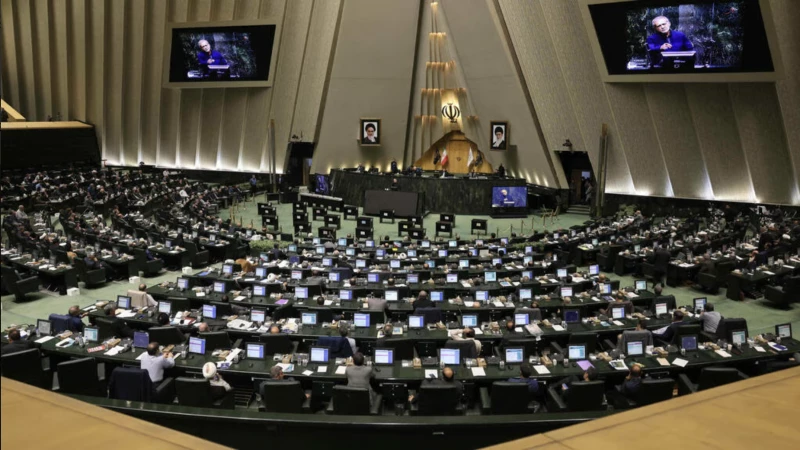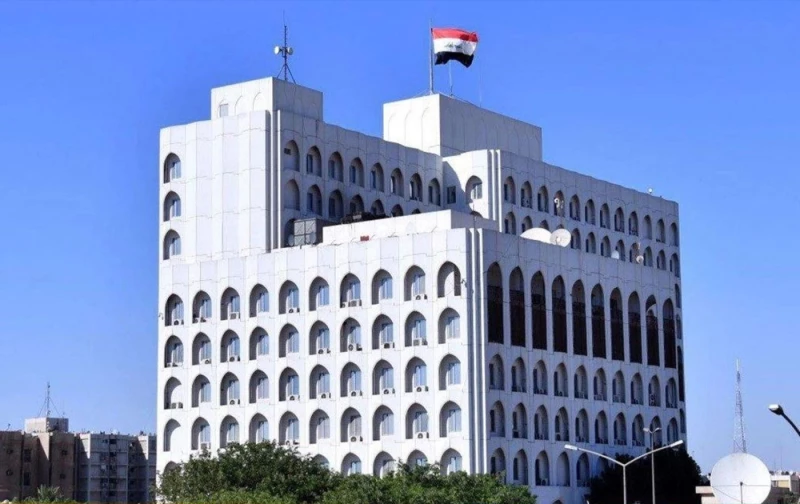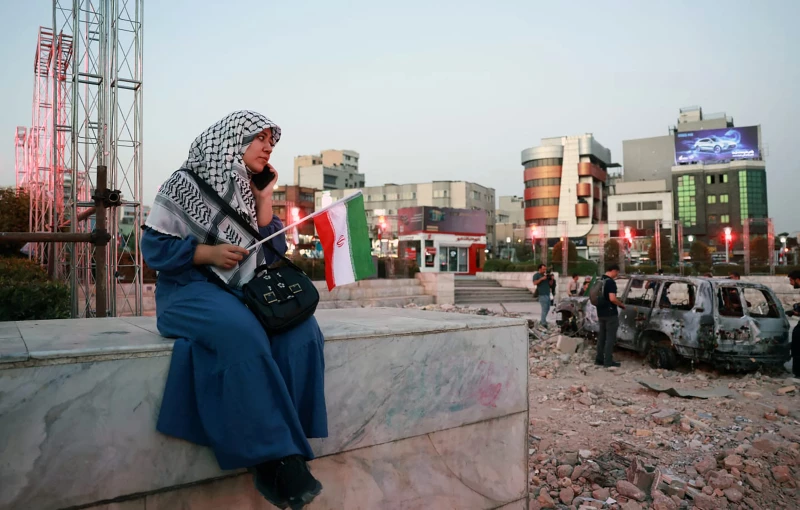ERBIL, Kurdistan Region of Iraq - The Islamic Republic of Iran announced on Wednesday that it hanged three men found guilty of spying for Israel's Mossad, the day after a ceasefire between the two countries took effect, ending a 12-day air war.
"Idris Ali, Azad Shojai, and Rasoul Ahmad Rasoul, who tried to smuggle equipment into the country to carry out assassinations, were arrested and tried for... cooperation favoring the Zionist regime," the judiciary stated.
Ali and Shojai were Kurds from Iran’s western regions, and Rasoul was from the town of Qaladize in the Kurdistan Region of Iraq, according to the Kurdistan Human Rights Network.
The network reports that the three men were arrested in the summer of 2023 on charges of smuggling weapons used in the assassination of Iranian nuclear scientist Mohsen Fakhrizadeh in November 2020.
"The sentence was carried out this morning,” the judiciary confirmed. "They were hanged."
The executions took place in Iran’s northwestern city of Urmia.
Iran frequently detains local, dual, and foreign nationals on espionage charges for foreign governments. Human rights organizations have accused Tehran of engaging in “hostage diplomacy” and using prisoners as bargaining chips with opponents.
Soon after the conflict between Israel and Iran erupted, Tehran officials vowed to accelerate trials for individuals suspected of working for Israel’s intelligence agency, Mossad.
The Iranian government executed men convicted of being Mossad agents on Sunday and Monday.
Iran is among 47 countries that still maintain the death penalty for common crimes without a moratorium on executions, according to French rights group Together Against the Death Penalty (ECPM).
Since 1976, over 85 nations have abolished the death penalty for all crimes, while others have eliminated it for ordinary offenses, according to the US-based Death Penalty Information Center.
Human rights groups have repeatedly accused Iran of using the death penalty to suppress minorities and silence dissent.


 Facebook
Facebook
 LinkedIn
LinkedIn
 Telegram
Telegram
 X
X



